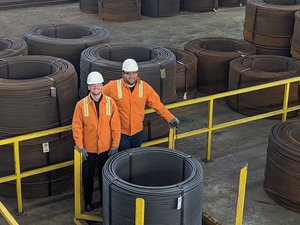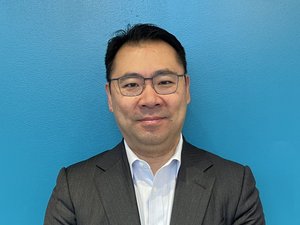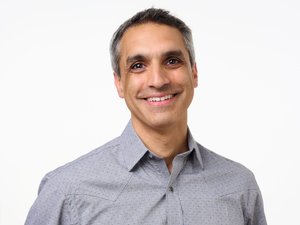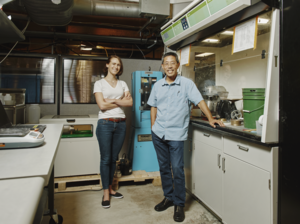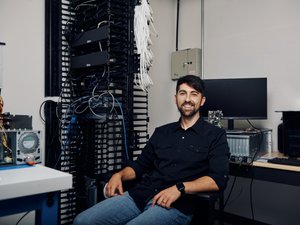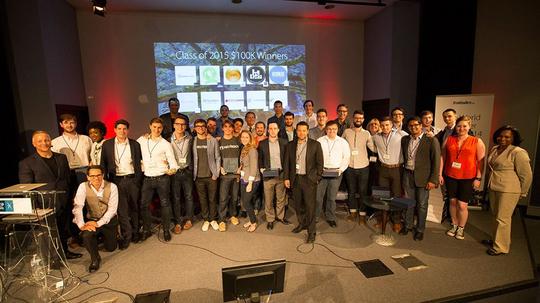
PayPal Founder Peter Thiel has annually started tempting students with $100,000 to drop out of college and pursue their passion projects. Earlier this month, two Boston-area students took the bait, following in the footsteps of five others before them. A pair of startups from Harvard Business School are taking the reverse route, however.
Cryoocyte, a startup freezing fish eggs to enable a year-round supply that keeps farms fully stocked, and RapidSOS, a company transforming emergency communication, have received $100,000 each from Founder.org to stay in school.
Founder.org launched in September 2012 as a means of inspiring students to "chase big ideas and become founders of impactful companies." Although similar to Thiel's mission, founder and serial entrepreneur Michael Baum isn't asking anyone to drop out. Rather, Founder.org offers funding to university programs, including incubators, competitions, research and curriculum to bolster the ecosystem.
Nearly 1,000 startups applied to the company's year-long accelerator, according to a release. Of those, 50 companies were welcomed to join the Class of 2015, including five additional startups from Harvard Business School — Alfred Club, LovePop Cards, Mercaux, PhysioHealth and Sage&Row — and four others from MIT — Anant Advantages, Definitive Drone Data, Nodespan and Smarking.
Founder.org meets with accepted teams weekly via Google Hangout. The 50 startups also gather for a two-day conference once a quarter over the course of the year. Once the accelerator is over, Founder.org chooses whether to financially invest further into the teams. Since November 2013, the company has offered between $250,000 and $2.5 million to eight of the most promising teams, according to Fast Company.
Only 10 members of the newest cohort are awarded a $100,000 prize. Prior to Founder.org, Cryocyte was a finalist in the 2012 MIT $100K Entrepreneurship Competition and received $5,000 from Harvard Business School's Rock Accelerator Program. RapidSOS has also seen previous success, bagging $10,000 in this year's Harvard College Innovation Challenge and being named a finalist in the MIT $100K. Both currently have homes in the Harvard Innovation Lab.
Although Baum said he respects what Thiel has done to support young entrepreneurs, he told Fast Company:
I suspect that most of these companies will be eight- to 10- to 12-year endeavors. Why not stay in school, finish your degree, and use the environment of the university to bootstrap your company? Universities have gotten a lot smarter about opening up resources to student entrepreneurs.
Baum's rationale is hard to disagree with, as are his 1o-year goals:
Triple the number of student startups; increase the odds of student startup survival; accelerate the time to student startup success and positive impact; graduate cohorts of founders who go on to mentor other student founders and startups; and help student founders build companies that impact innovation and economic growth.
Apparently you can launch a startup while in school after all.
Image via Founder.org's Facebook
